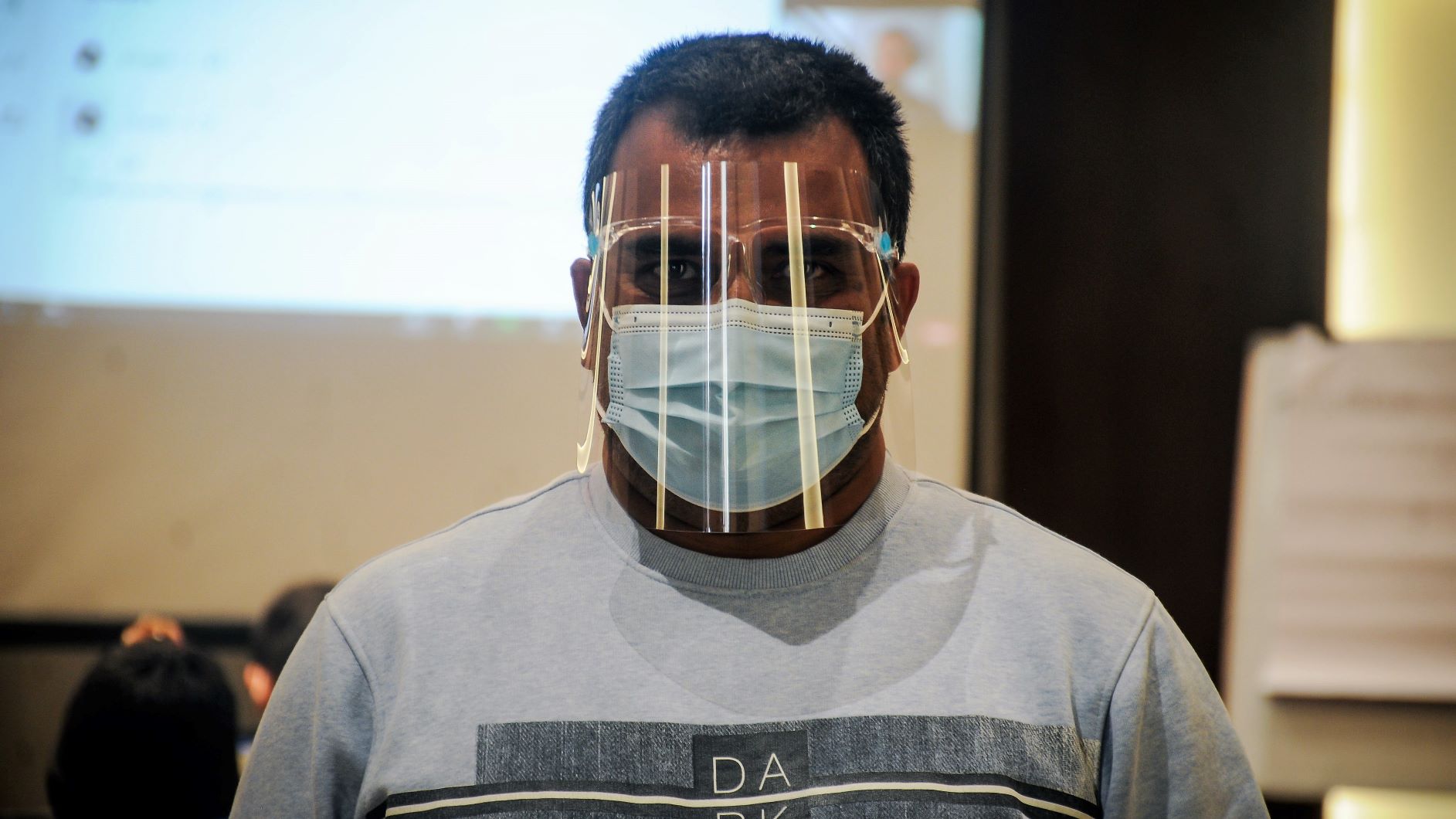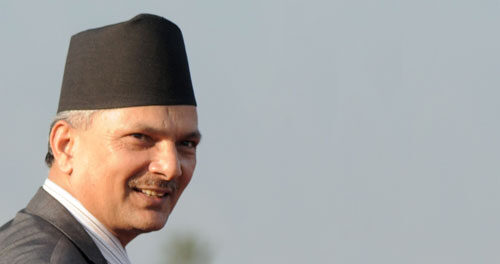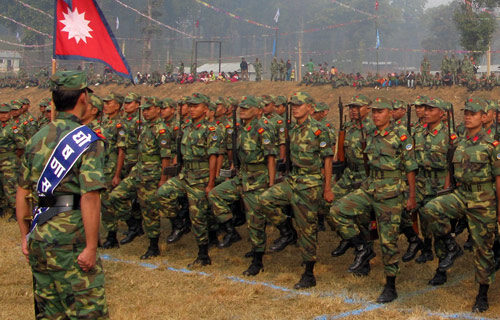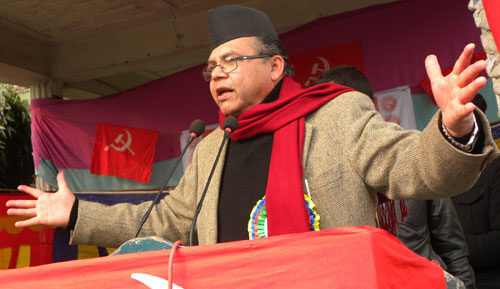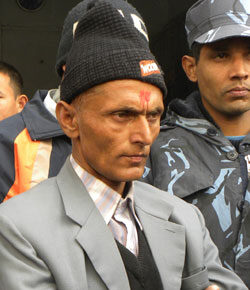The future’s in the air
I can feel it everywhere
Blowing with the wind of change!
– Scorpians (Wind of Change, 1989)
Nepali Congress (NC), the Nepal’s biggest rightist party, recently concluded its 12th General Assembly electing Sushil Koirala as the new president. With a history of leading all successful fights for democracy, and also tainted history for its unsuccessful governance, NC’s existence as one of the powerful political parties is important for the country as it provides the rightist hold in the political power balance that has, through the Constituent Assembly (CA) election, swung sharply to left.
Historically, NC has remained under hold of Koiralas – Sushil being the sixth Koirala president among eight in his long history. It still believes in the principles envisioned by BP Koirala and the contribution of Koirala family has been tremendous. The party’s newly elected CWC includes four Koiralas.
Throughout the history, also because of Koirala’s dominance, the party has remained conventional and undemocratic in itself. The joke that Girija Prasad Koirala would conclude his opening speech at the CWC meeting saying ‘you go on discussing agenda, I will return in three hours to announce the decisions’ did hold some truth.
Also, during elections, many believed NC chose candidates for their contribution and/or loyalty to leaders rather than his ability to win. Also true was that NC, in many occasions, did not favor popular voices – in both identifying prospective leaders and changing its principles.
The 12th General Assembly, however, hinted towards some ‘change of wind’ that the leaders and the party itself, if it wants to regain the position of the biggest party and fulfils the expectations of its cadres and people, should think, discuss and act upon.
The first good message that the assembly gave was that it still prefers honestly, loyalty and simple-life leader over extravagant leader. The defeat of Sher Bahadur Deuba should rather be taken as a defeat of his not-so-clean image rather than the faction. Koirala had already declared that he would only lead the party for one term, and if Deuba wants to ensure his victory next time, he should be able to clean up his image.
Similarly, if Deuba and Koirala panels are considered, almost equal numbers of members have been elected. While media are terming it division, it’s better for NC, and especially those elected to steer the party, to take it as the unity and accept each other equally. The first step towards accepting that value could be during nominations in CWC.
The strongest wind of change is indicated by the victory of Gagan Thapa as a CWC member. Thapa, the former student leader whom the earlier NC leadership tried hard not to promote in ranks, received the highest number of votes among 97 candidates. More than two-third of the NC delegates voted for him.
Gagan’s overwhelming victory is founded on multitude of reasons: he’s good orator, he has voiced for change (sometime even stood against all-dominant Girija Prasad Koirala) and he has established himself as the future hope of the party (and of course, his marriage with the daughter of a powerful leader who garnered second highest votes behind him should also have helped him). Youths are coming ahead with a strong voice for change in the old party – for good if the experienced leaders act wisely.
Right now, the leftist parties – the Maoist and CPN-UML – have failed to perform according to expectations, and NC had proved to be a vital power to keep a few things on track (or off track, you can argue), it’s high time that NC should adopt to the demands of time and convert it into a modern yet principally firm political party.
